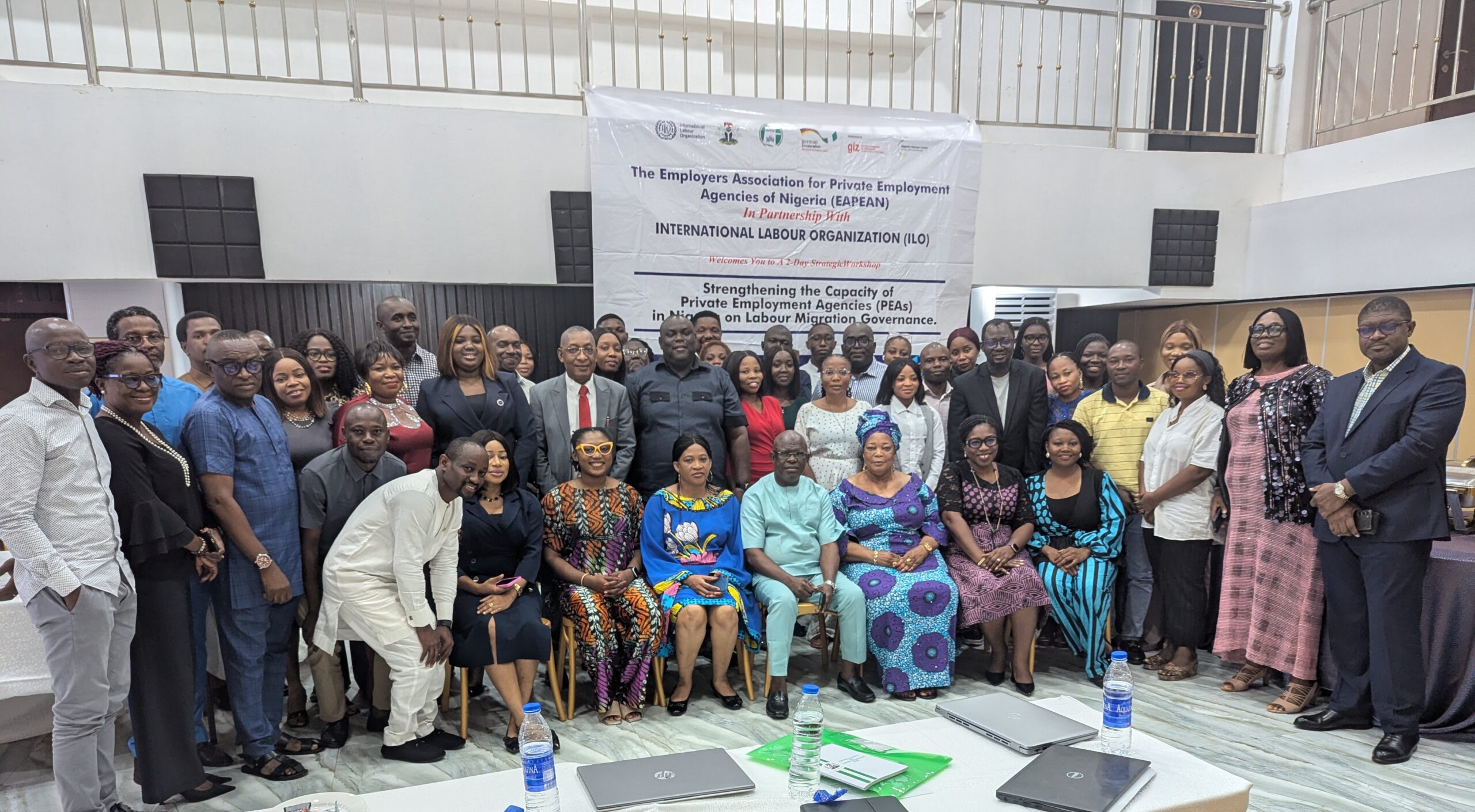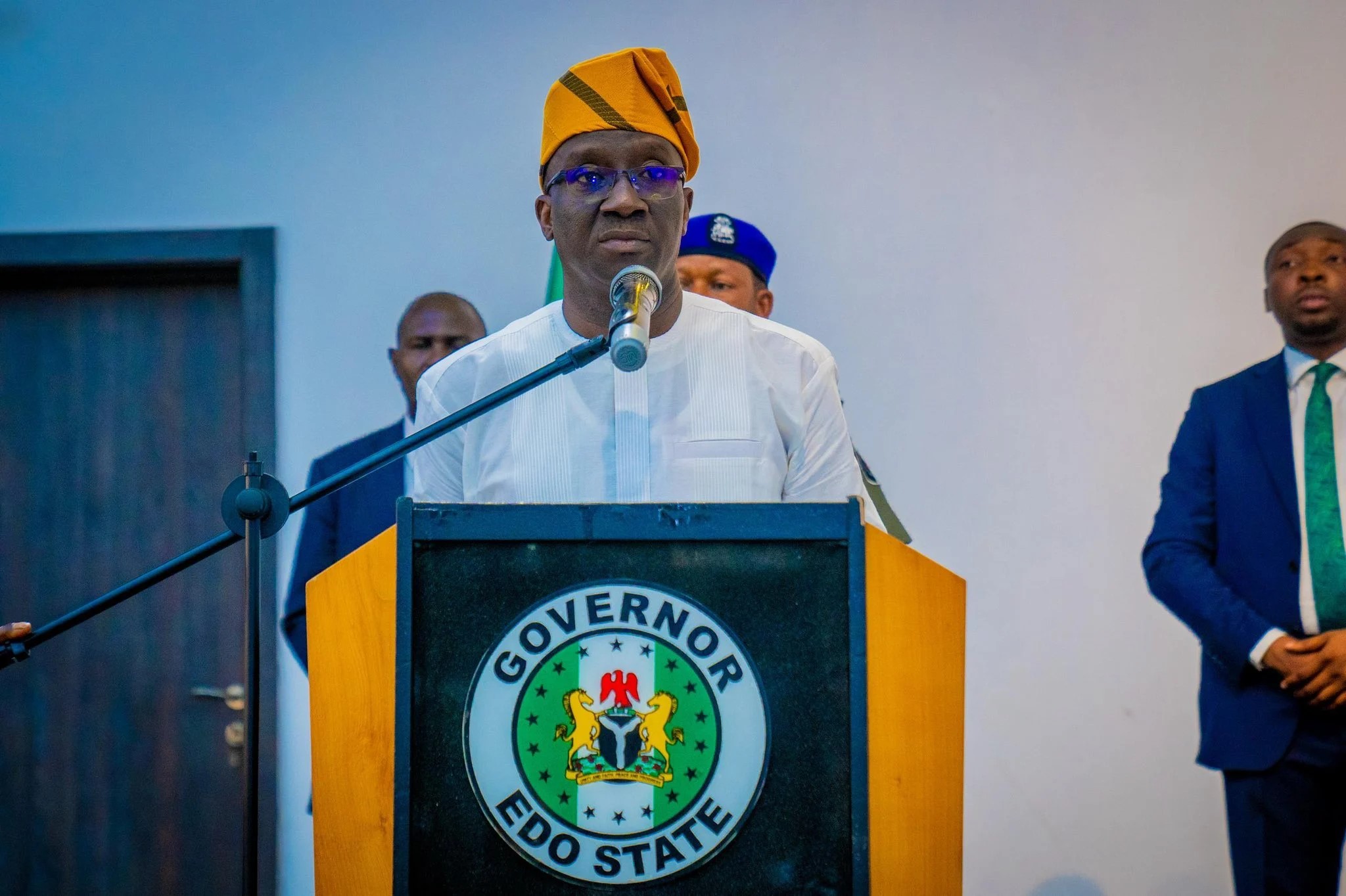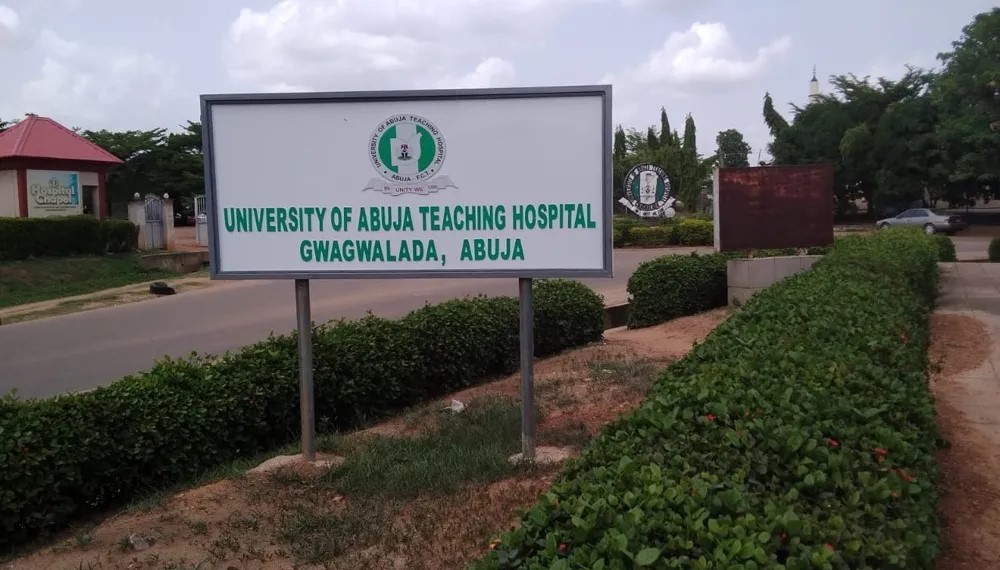
The Employers’ Association for Private Employment Agencies in Nigeria (EAPEAN) has called for continuous self-regulation and alignment with international labour standards to ensure ethical recruitment practices in Nigeria.
Speaking in Lagos at a two-day strategic workshop organised by EAPEAN, the association’s Executive Secretary, Mr. Jide Owolabi, traced the formalisation of the sector to 2007, following the introduction of a licensing regime that curtailed previously widespread abuses, including fraud and trafficking—particularly of migrant workers.
Yesteday’s even was organised in collaboration with the International Labour Organization (ILO) with the theme: “Strengthening the Capacity of Private Employment Agencies (PEAs) in Nigeria on Labour Migration Governance.”
Owolabi said: “Before 2007, the sector was unregulated and open to anyone,” he said. “Licensing helped establish standards, allowing the industry to meaningfully bridge labour market gaps both locally and abroad.”
To promote ethical practices, a Code of Conduct for Private Employment Agencies was introduced in 2007 and revised in 2021 through broad stakeholder consultation. The revised code seeks to strengthen fair recruitment principles and better reflect contemporary realities.
“This is a voluntary initiative—not a government regulation. The industry chose to hold itself accountable while aligning with global standards,” Owolabi explained.
He noted that the sector now employs over five million people domestically and internationally, with significant contributions to the economy through job creation, remittances, and taxes. Prominent firms include ICS and Philips Outsourcing.
Despite these gains, the industry still faces challenges such as trafficking, gender discrimination, and poor regulatory oversight. These gaps, he said, necessitated the updated Code of Conduct, which now reflects provisions of ILO Convention 181 on private employment agencies.
“We must also consider relevant frameworks on minimum wage, child labour, domestic work, and labour migration,” he added.
Owolabi praised the participation of key stakeholders, including regulatory bodies such as the Ministry of Labour, the Nigeria Employers’ Consultative Association (NECA), and leading private sector CEOs.
He said their collaboration is vital for establishing a unified voice and promoting effective labour governance in Nigeria.












